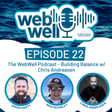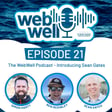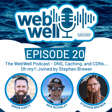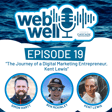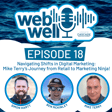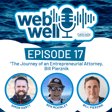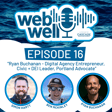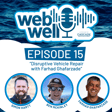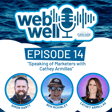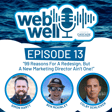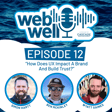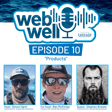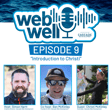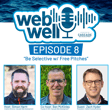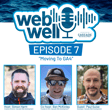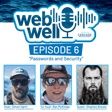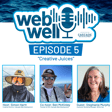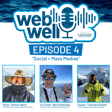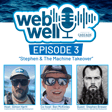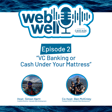
The WebWell Podcast, Episode 11 - "Introducing Michael Hall"
Hey there, WebWell Podcast fans! We're back with another episode that takes a peek into the workings of Cascade. This time, we're bringing you a closer look at one of our awesome developers, Michael Hall. In this chat, we'll find out what Michael was up to before he joined the Cascade Web Development crew and what cool innovations he's currently cooking up.
We'll be taking a stroll down memory lane with Michael, hearing about his life before he joined our team. From his early career moves to the moments that led him to where he is today, you'll get a glimpse into his journey that's as relaxed as a Sunday morning coffee.
And, speaking of today, Michael has some pretty exciting projects in the works here at Cascade. We'll give you an insider's view into the cutting-edge stuff he's got on the go.
So, kick back, relax, and join us on The WebWell Podcast as we chat with Michael Hall about web development and the cool things happening right now.
Follow us wherever you listen to podcasts!! We'd also love to hear what you think... please share your questions and comments with webwell@cascadewebdev.com
